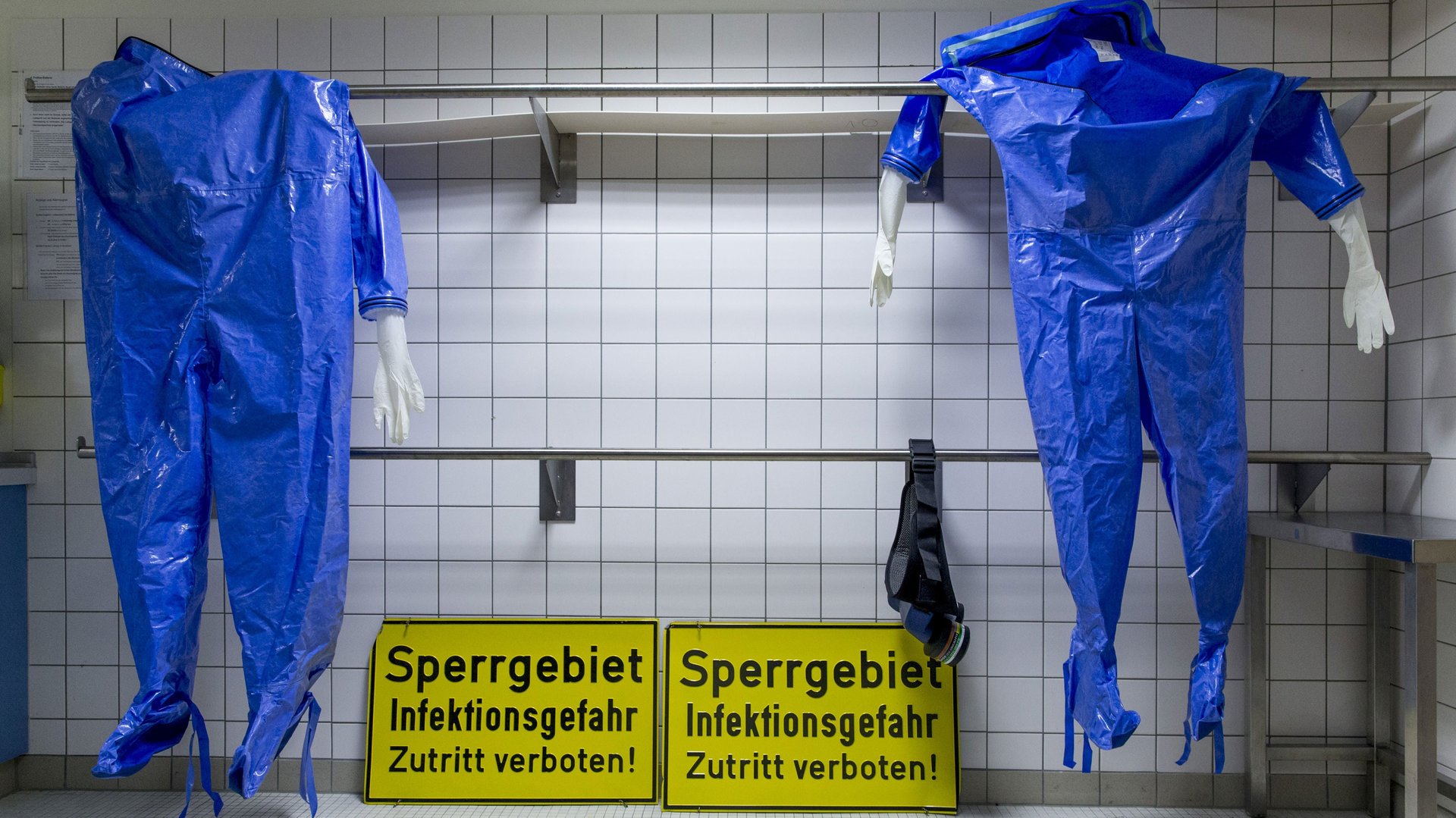We need $1 billion to tackle the Ebola epidemic—and we’re $600 million short
This post has been updated.


This post has been updated.
Thomas Eric Duncan, the first person to be diagnosed with Ebola in the US, died today, which will surely add fuel to the panic that has already risen in the West.
While Westerners worry about whether the Ebola epidemic will hit them (it won’t), and hundreds of thousands signed a petition to save the life of a Spanish Ebola patient’s dog, not enough is being done to help the countries where the virus needs to be controlled.
On Sept. 16, the UN Central Emergency Response Fund (CERF)—which is made up of primarily governments donate to tackle emergency humanitarian crises—set a goal of $988 million necessary to “stop the outbreak, treat the infected, ensure essential services, preserve stability and prevent outbreaks in countries presently unaffected.”
On Sept. 25, at the Ebola panel held during the UNGA, Barack Obama urged other nations to act fast and make stopping Ebola a priority: “We can not do this alone, we do not have the capacity to do all of this by ourselves.”
Thus far, it doesn’t appear that many countries answered the call. Only 26% of the necessary funding has been collected, and another 16% has been pledged but not yet donated.
The World Bank, Africa Development Bank, and US altogether make for over 70% of the total collected (or 18% of the final goal), while a number of other countries donated less than 1% of the total—including Spain, where two people died from the virus and one is currently being treated.
Notably absent from the list of donors are European countries including France and Italy, as well as China, Russia, Israel.
The latest World Bank report today forecasts $32.6 billion dollars in losses for the countries affected by the epidemic by the end of 2015—an amount that is destined to grow the longer it takes to collect all the resources needed for intervention.
Update: Updates to the list of donors and funding were released on Oct. 9 and are available on The Guardian website.